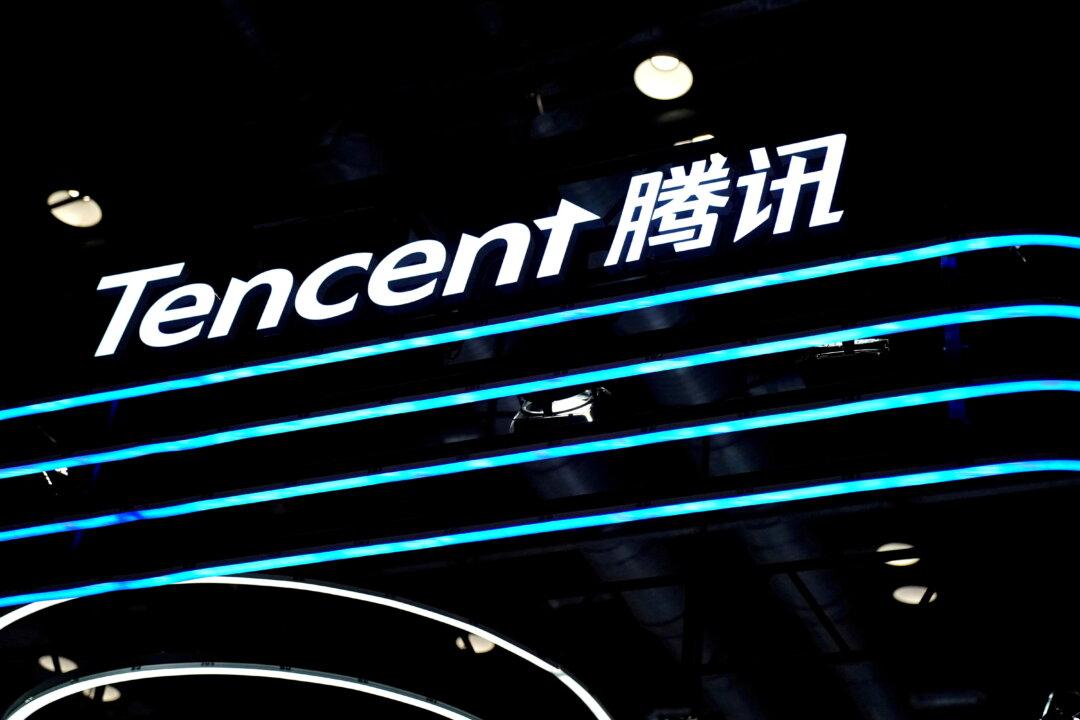News Analysis
The cult classic U.S. movie “Fight Club” has found its way to popular Chinese streaming service Tencent—albeit with a new ending, possibly as a result of Chinese regime censorship.

The cult classic U.S. movie “Fight Club” has found its way to popular Chinese streaming service Tencent—albeit with a new ending, possibly as a result of Chinese regime censorship.